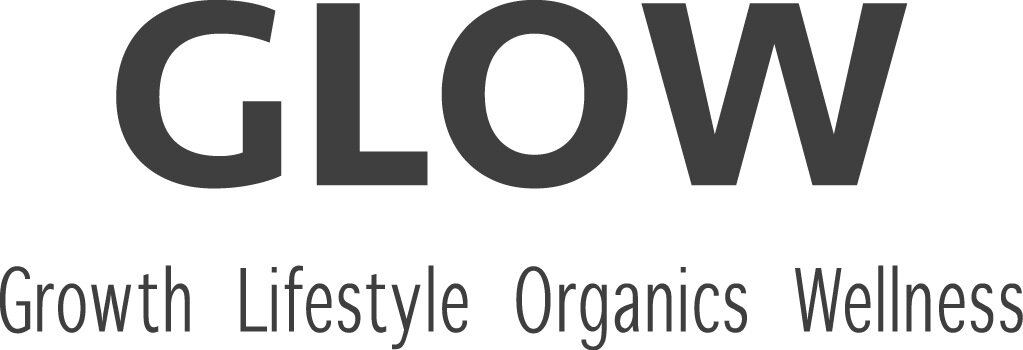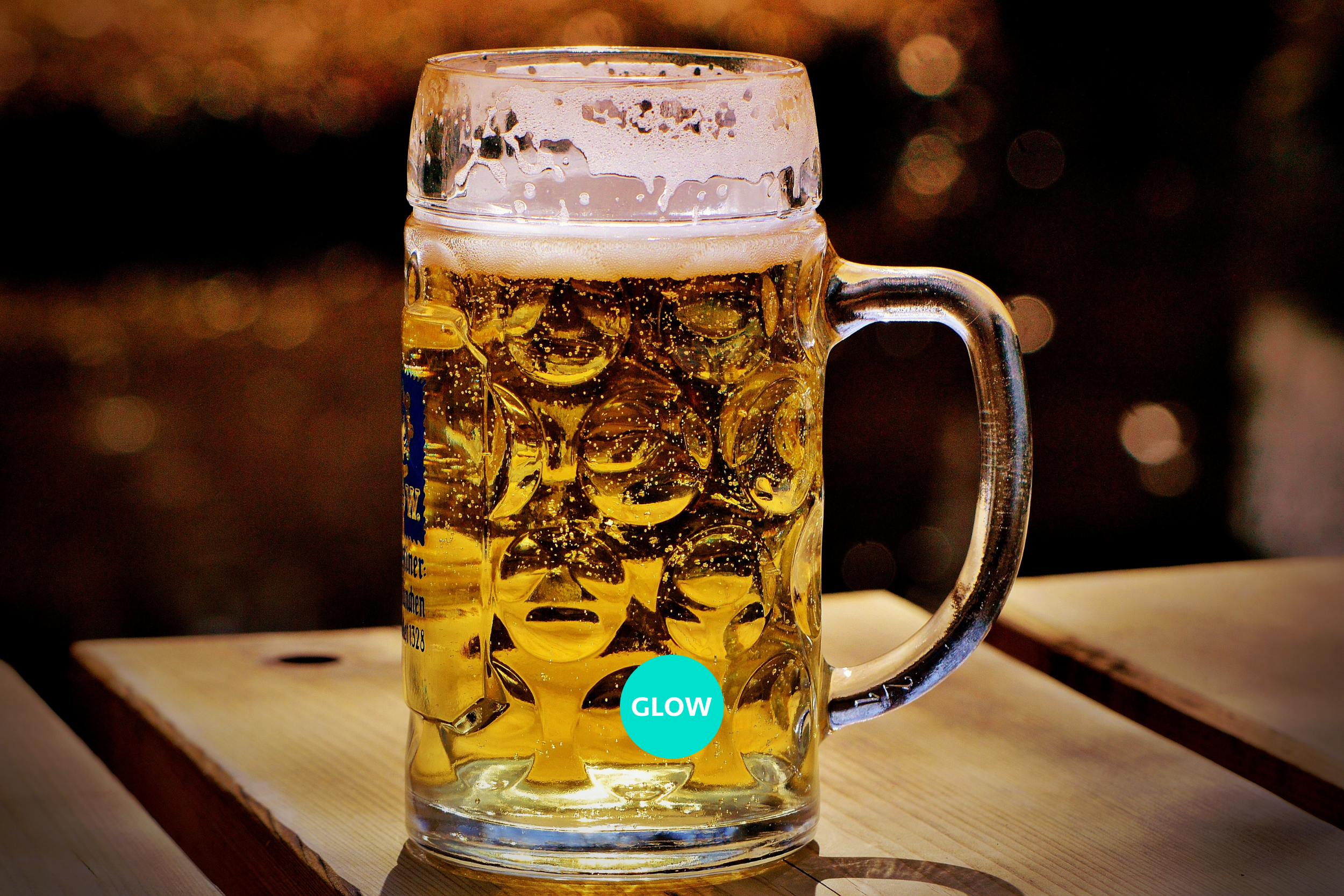All my plans are individualised but there are some foods that everyone should limit as much as possible while working with me because they don’t bring any nutritional value needed to improve health. In fact, these can sabotage any efforts to feel better or lose weight, and that can go on for years. If you are unable to give them up or at least reduce their intake, your addiction may be rooted in emotions, unstable blood glucose, yeast overgrowth or poor neurotransmitter status. For example, everyone knows that sugar is bad and yet it can be so difficult to give it up. One of the reasons is that sugar and starchy foods are more addictive than cocaine. People with dopamine imbalances are prone to addictions which includes sugar addiction. The short term effects of sugar help them feel normal: have better energy, a clearer mind, no headaches, etc. But in the long run - the brain cries out for help from all the sugar and junk. The minute you fill your diet with nutritious foods, the body will not crave as much sugar or junk foods anymore.
First, you will have to set your priorities (do you want to feel and look better? are you ready for the change?) and acknowledge that there is no way around it but implement dietary changes. Secondly, set your environment for success. The first and most important step will be to stop buying these foods and replacing them with healthier options. I can help you overcome any challenges so open up if you feel that eating clean proves difficult. Learning new habits takes time as it means you will have to prepare more food at home or learn how to eat out - it’s a process and lifestyle change. Take your time and be kind to yourself - it will be well worth it.
I recommend avoiding or at least reducing the intake of the following foods:
White sugar, inverted sugar, glucose syrup, glucose-fructose syrup, aspartame. A little sugar added to the likes of meats in the process of curing is fine. Side note: sugar is still better than the remaining sugar replacements
Unnatural food colourings: colourful candy, icing, colourful drinks and ice cream
Hard candy, jellies, lollipops
Table salt (pure sodium chloride)
Starchy snack foods, e.g. crisps, bread sticks, pretzels, crackers
Fast food
Fried and battered foods, e.g. potato fries, croquettes, calamari, battered fish and chicken, samosa, bhaji
Ready-to-eat packaged meals unless they are healthy options
Non-organic wheat and corn which includes their flowers and pasta. These are the two main crops that have been genetically modified to be resistant to glyphosate which means they are full of Roundup
Fizzy and soft drinks (including diet soda), except for sparking water
Fruit juice unless freshly pressed
Puffed cereal
Muesli (oats should only be eaten cooked and never raw or in the form of Bircher muesli aka overnight oats)
The following oils: sunflower, rapeseed, grape seed, safflower, cottonseed unless they are cold pressed, kept in the fridge and used cold
Margarine, shortening
Processed cheese, e.g. Philadelphia, ‘slices’, string cheese and cheese spread
Instant coffee, esp. with added creamer and sugar
Instant soup (including ramen), sauces, gravy, stock cubes
Jam and Nutella type spreads
Ketchup, ready made salad dressing
Soya milk (soya yoghurt, tofu, tamari soy sauce, edemame, tempeh and natto might be ok)












